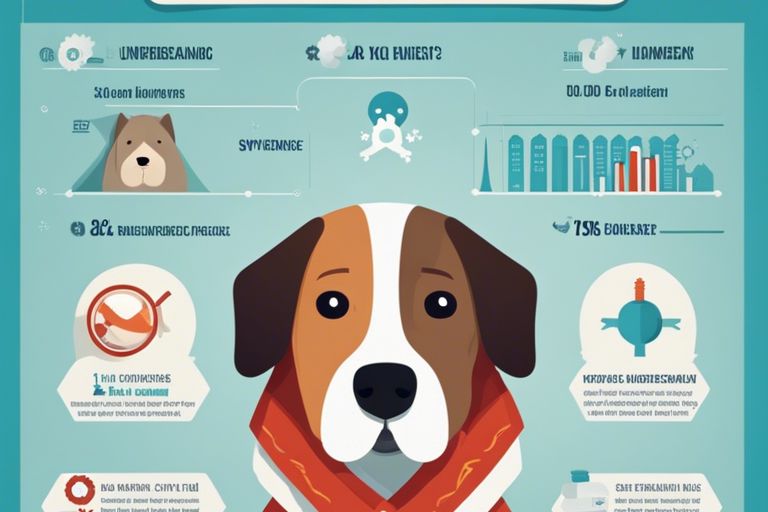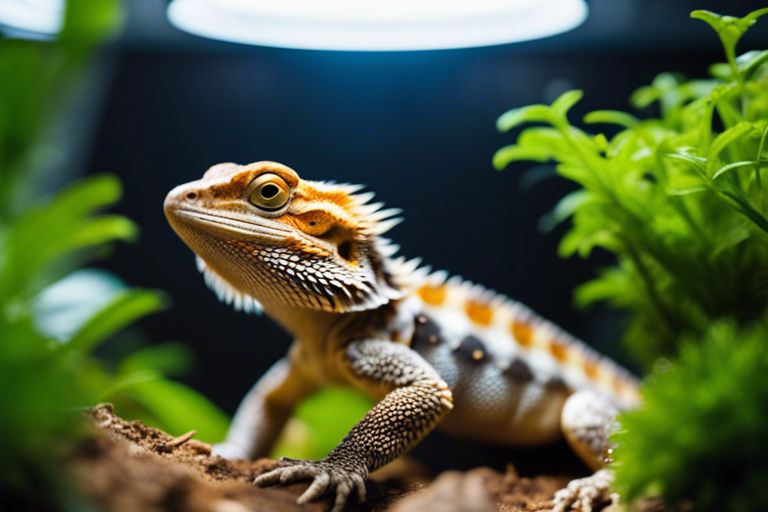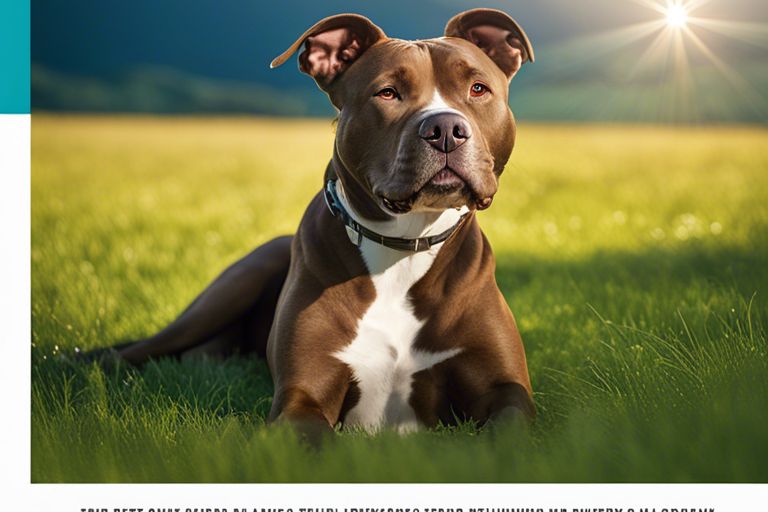Perplexed about whether to buy a Maine Coon cat? Well, before diving into the decision, there are crucial factors to consider. As a proud owner of two Maine Coon cats, I have gained valuable insights into the process of purchasing these magnificent creatures. Whether you are a first-time buyer or a seasoned cat owner, it is important to be aware of the potential challenges and responsibilities associated with owning a Maine Coon cat. In this blog post, I will share with you some key considerations that you should think about before purchasing a Maine Coon cat. For more information on questions to ask when buying a Maine Coon kitten, check out 20+ Questions To Ask When Buying A Maine Coon Kitten for a comprehensive guide.
Key Takeaways:
- Size and Space: Consider the size of the Maine Coon cat and ensure you have enough space to accommodate their large frame.
- Temperament: Maine Coons are known for their gentle and sociable nature, so it’s important to consider if their personality fits with your lifestyle and family.
- Health considerations: Be aware of any potential health issues common in Maine Coons and consider the associated veterinary costs.
- Grooming needs: Maine Coons have thick, semi-long fur that requires regular grooming, so be prepared for the time and effort needed for their maintenance.
- Breeders and adoption: Take the time to research reputable breeders or consider adopting a Maine Coon from a rescue organization to ensure the cat’s well-being and the ethical treatment of animals.
What to Consider Before Buying a Maine Coon Cat
Before bringing a Maine Coon cat into your home, it’s important to consider a few key factors to ensure they are the right fit for you and your family. From temperament and socialization to size and shedding, here are some important considerations to keep in mind.
Temperament and Socialization
When considering a Maine Coon cat, it’s crucial to understand their temperament and socialization needs. Maine Coons are known for their friendly, sociable nature and often get along well with other pets and children. However, they may be a bit reserved with strangers at first. It’s important to socialize them from a young age to ensure they grow up to be well-adjusted and friendly companions in any environment.
Child and Pet-Friendly Traits
Maine Coon cats are often described as being great with children and other pets. Their gentle and friendly nature makes them well-suited for households with kids and other animals. They are known to be patient and tolerant, making them an ideal choice for families with young children or other pets.
Obedience Training and Energy Levels
When considering a Maine Coon cat, it’s important to understand their energy levels and the need for obedience training. Maine Coons are intelligent and generally easy to train, making them a good choice for first-time cat owners. However, they are also a high-energy breed and require regular playtime and mental stimulation to prevent boredom and potential behavioral issues.
Size, Strength, and Shedding
Maine Coon cats are one of the largest domestic cat breeds, known for their impressive size and strength. While their large size may be intimidating to some, their gentle and friendly nature makes them an excellent choice for families. Keep in mind that their large size also means they may require more space and a larger litter box. Additionally, Maine Coons are known for their thick, water-repellent coat, which may result in more shedding compared to other cat breeds. Regular grooming and brushing can help minimize shedding and keep their coat looking its best.
Health Considerations for Maine Coon Cats
While Maine Coon cats are generally healthy, there are certain health considerations to keep in mind when buying one. As a responsible pet owner, it’s important to be aware of potential health issues and to take proactive steps to ensure the well-being of your feline companion.
Neutering and Pet Nutrition
Neutering your Maine Coon cat is essential for their long-term health and well-being. It not only helps to control the pet population, but also reduces the risk of certain cancers and behavioral issues. When it comes to pet nutrition, it’s important to provide a well-balanced diet that meets the specific needs of Maine Coon cats. Look for high-quality cat food that is rich in protein and doesn’t contain fillers or artificial additives. Discussing with your veterinarian about the best nutrition plan for your Maine Coon is critical for maintaining their overall health.
Grooming and Parasite Prevention
Maine Coon cats have a semi-long coat that requires regular grooming to prevent tangles and mats. Regular brushing and grooming not only keep their fur looking its best, but also helps to minimize shedding and reduce hairballs. Additionally, proper parasite prevention is vital for your cat’s health. Protecting them from fleas, ticks, and worms is essential in ensuring they remain healthy and free from infestations that can cause serious health issues. Consult your veterinarian for the best parasite prevention options for your Maine Coon.
Dental Care and Vaccinations
Dental care is often overlooked in cats, but it’s crucial for their overall health. I recommend regularly brushing your Maine Coon’s teeth and providing dental treats or toys to help maintain good oral hygiene. As for vaccinations, make sure to keep up with the recommended vaccination schedule to protect your cat from common feline diseases. Failing to do so can leave them susceptible to serious illnesses that could have been easily prevented. Schedule regular check-ups with your veterinarian to ensure your Maine Coon is up to date on vaccinations and to address any dental concerns.
Responsible Ownership of Maine Coon Cats
After bringing your Maine Coon cat home, it’s important to ensure responsible ownership to provide the best care for your new feline friend. Responsible ownership includes considerations such as pet insurance, behavioral training, and special care for senior cats.
Pet Insurance and Shelters
When you bring a Maine Coon cat into your home, it’s essential to consider pet insurance to ensure their health and well-being. Unexpected veterinary expenses can arise, and having pet insurance can provide peace of mind in case of accidents or illnesses. Additionally, consider supporting animal shelters by adopting a Maine Coon cat in need. This not only gives a loving home to a cat in need but also helps to reduce the population of stray and homeless animals.
Behavioral Training and Housebreaking
Maine Coon cats are intelligent and have distinct personalities, making them trainable and easily adaptable to household routines. Behavioral training is important to establish boundaries and rules, helping the cat feel secure and comfortable in its new environment. Proper housebreaking and litter box training are essential to maintain a clean and healthy living space for both you and your Maine Coon cat.
Pet Care for Senior Cats
As my Maine Coon cat ages, I have found it necessary to provide special care tailored to their needs. Senior cats may require softer foods, regular vet check-ups, and a comfortable environment that accommodates any mobility issues. Keeping a close eye on their health and behavior is crucial in ensuring they have a happy and comfortable retirement. Providing consistent love and care is fundamental to maintaining their well-being in their later years.
Buying a Maine Coon Cat – What Should I Consider?
Following this guide, I have learned that owning a Maine Coon cat is a big responsibility and requires careful consideration. Before purchasing a Maine Coon, it’s important to understand their specific needs, such as their size, grooming requirements, and potential health issues. Additionally, ensuring that you are able to provide a suitable environment and address their specific needs is crucial for their well-being. To get all the info you need on owning a Maine Coon, visit Get all the info you need on owning a Maine Coon!
FAQ – Buying a Maine Coon Cat – What Should I Consider?
Q: What should I consider before buying a Maine Coon cat?
A: Before buying a Maine Coon cat, consider your lifestyle, living space, and budget. Maine Coons are large, active cats that require plenty of space and regular exercise. They also have a thick, semi-long coat that requires grooming.
Q: Are Maine Coon cats good with children and other pets?
A: Maine Coon cats are known for their friendly and sociable nature, making them great companions for children and other pets. However, proper introductions and socialization are key to ensuring a harmonious relationship between your Maine Coon and other family members, including furry ones.
Q: How much do Maine Coon cats typically cost?
A: The cost of a Maine Coon cat varies depending on factors such as pedigree, age, and breeder. On average, a Maine Coon kitten from a reputable breeder can range from $500 to $1500. Older cats or show quality cats may be priced higher.
Q: What health considerations should I be aware of when buying a Maine Coon?
A: Maine Coon cats are generally healthy, but like all breeds, they are prone to certain health issues such as hypertrophic cardiomyopathy and hip dysplasia. When purchasing a Maine Coon cat, ensure that the breeder provides health clearances for both the kitten’s parents, and consider getting pet insurance for potential future medical expenses.
Q: How can I find a reputable breeder for a Maine Coon cat?
A: To find a reputable Maine Coon breeder, start by researching breeders in your area or seeking recommendations from cat clubs and organizations. Look for breeders who prioritize the health and well-being of their cats, and who are transparent about their breeding practices and the care of their cats. Visiting the cattery in person, asking for references, and reviewing breeder contracts are also important steps in finding a reputable breeder.








Leave a comment